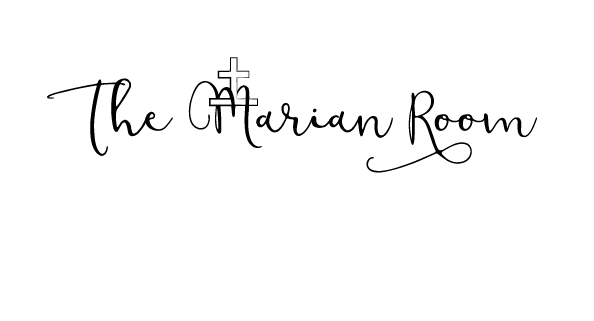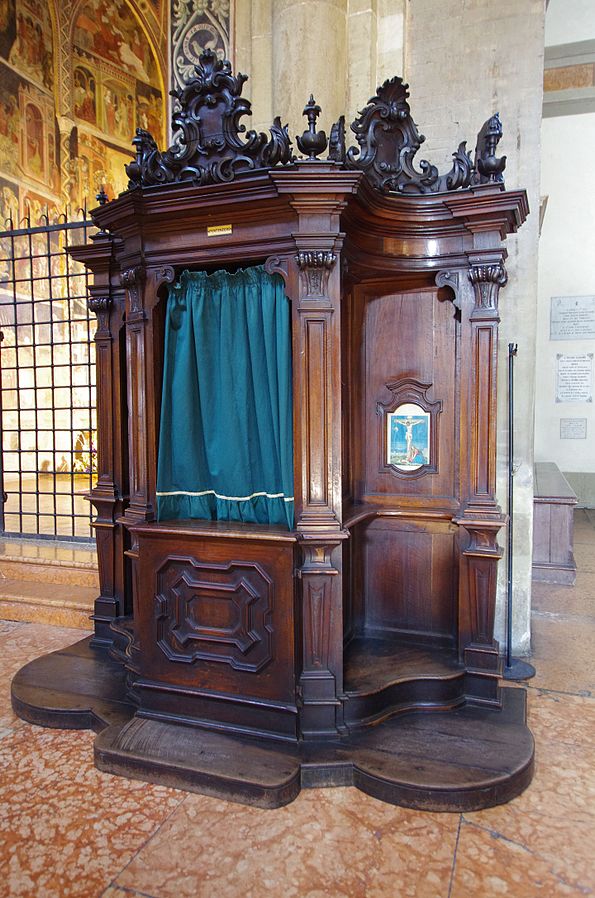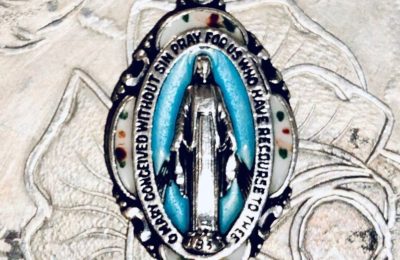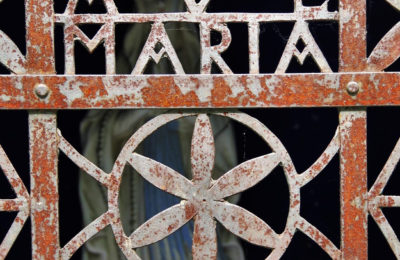Much has been said about “Catholic guilt”, the much being: referencing it in conversation as a bad thing, a thing to be sloughed off following a self-described “emotionally unhealthy Catholic childhood”. Such a person, as an invented example, is irritated after telling a lie, for after lying, he feels an immediate guilt, a guilt which plagues him throughout the day, and into the night. The lie is replayed in his mind, and he can nearly hear his father saying, never tell a lie. This inconveniences him. He would like to go on lying to achieve higher sales at work, or to sell the old car which has a faulty transmission to an unsuspecting buyer, but he finds himself up against his Catholic childhood, and can find no rest until the first lie is confessed in the sacrament of Confession, retribution is made to man and God, and he resolves to lie no further. Case closed. He can move on, and continue his life in the hope of doing good, with the assistance of the grace of God, and of, eventually, dying in the state of grace.
People of the world (aka, pagans) often think that such an approach to life is unhealthy, and that Catholic guilt needs to be rooted out, and eradicated, from the afflicted (!) person. Yes, it does, if it is scrupulous, and is a baseless guilt, but there is a healthy guilt. This healthy guilt is unique to man (vs. animals), for men have the ability to reflect back on themselves, and their actions, to take stock, and to see where they are going off track (that is, when their consciences are properly formed, but that is a topic for another post). And, so, it is good to feel bad about oneself in such situations where one has gone off track, where one has sinned.
The Polish poet, Wislawa Szymborska, creatively captured this notion in her poem, In Praise of Feeling Bad About Yourself:
“The buzzard never says it is to blame.
The panther wouldn’t know what scruples mean.
When the piranha strikes, it feels no shame.
If snakes had hands, they’d claim their hands were clean.A jackal doesn’t understand remorse.
Lions and lice don’t waver in their course.
Why should they, when they know they’re right?Though hearts of killer whales may weigh a ton,
in every other way they’re light.On this third planet of the sun
among the signs of bestiality
a clear conscience is Number One.”
Yes, it is good to feel the remorse of sin, and to take the steps necessary to set oneself right with God and man, as noted above, via contrition, Confession, and penance.
When traveling across Europe, you will find many old churches with antique confessionals. These confessionals are, in and of themselves, works of art. They are beautiful, not only physically, but beautiful testaments to the Faith of our Catholic ancestors who confessed their sins therein, and who found new life in God after each confession. They did not shy away from admitting that they were sinners in need of the mercy of God, and that God, in His mercy and love, did create the Immaculate Conception, who bore Our Savior, who took our sins upon Himself in order to redeem us.
This is the (traditional) Good News.
So, when we are tempted to slough off what is known in the derogatory sense as Catholic guilt, let’s look at it differently, and see that Catholic guilt does us no harm; rather, when used properly, when it is based on the fact that we have fallen short, we have sinned, leads us back to union with God.
And, so, today we say, to confound the world, the flesh, and the devil: Hail Catholic guilt*!
•SCF
*Let’s start using that phrase as a good thing!
•Information on Wislawa Szymborka: link
•Image: Confessional in the Parma cathedral, source
•If you have a fear of the sacrament of Confession, here is a link to a series of (consoling) talks on this sacrament by Fr. Hugh Thwaites, link.






